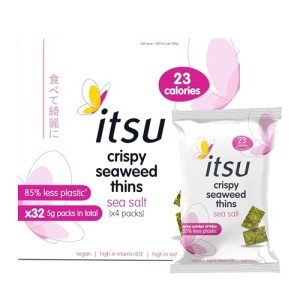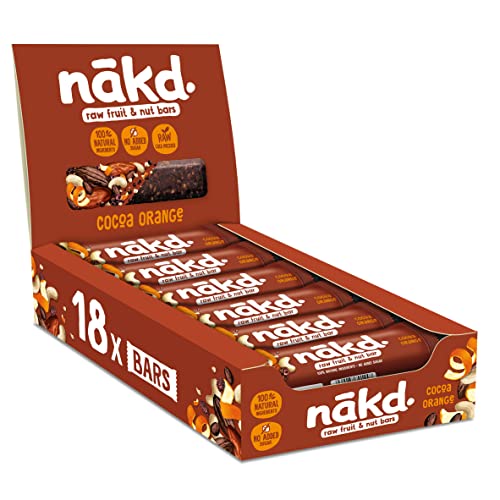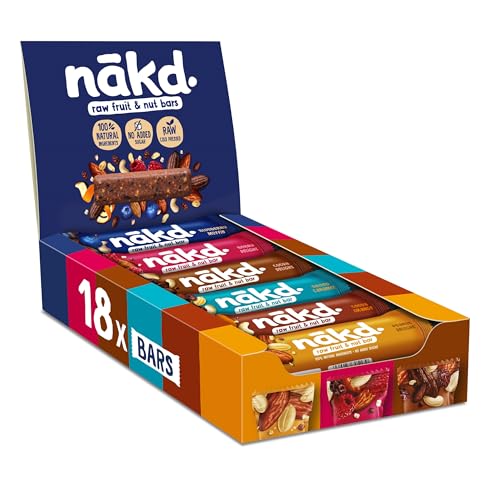Building a Healthy Foundation: Nutritional Guidelines for Teenage Boys
During the teenage years, boys experience rapid growth and development, making it crucial to provide them with a balanced and nutrient-dense diet. Proper nutrition supports not only physical growth but also brain development and overall health. Below are essential nutrients that teenage boys should incorporate into their diets to lay a strong foundation for their future.
Key Nutrients for Teenage Boys
1. Protein:
Adequate protein intake is vital for muscle and bone development. Foods rich in protein include lean meats, poultry, fish, eggs, dairy products, legumes, and nuts. Including a variety of these protein sources in their meals can help teenage boys meet their daily requirements, especially if they are engaged in physical activities.
2. Calcium:
Calcium plays a crucial role in building strong bones, which is particularly important during a growth spurt. Excellent sources of calcium include dairy products such as milk, yogurt, and cheese. Additionally, leafy green vegetables like broccoli and kale, along with fortified plant-based milk alternatives, can provide significant calcium content.
3. Iron:
Due to increased muscle mass and blood volume, teenage boys have higher iron needs. Iron-rich foods include lean meats, poultry, fish, dark leafy greens, beans, and fortified grains. To enhance iron absorption, it’s beneficial to consume vitamin C-rich foods (such as citrus fruits or tomatoes) alongside iron-rich meals.
4. Omega-3 Fatty Acids:
These essential fats are important for brain development and cognitive function. Teenage boys can obtain omega-3 fatty acids from fatty fish like salmon and tuna, as well as from flaxseeds, chia seeds, and walnuts. Including these foods in their diets can support overall brain health.
5. Fiber:
Adequate fiber intake is crucial for promoting healthy digestion, managing weight, and reducing the risk of chronic diseases. Good sources of fiber include whole grains, fruits, vegetables, legumes, and nuts. Encourage teenage boys to choose whole grain bread and pasta, snack on plenty of fruits and vegetables, and incorporate legumes into their meals.
What you need to make sure teenage boys have in their diet
It is essential to provide them with a well-rounded diet that supports overall health and fuels their active lifestyles. A wholesome diet should include a variety of food groups, ensuring they receive the necessary vitamins, minerals, and macronutrients.
Protein for Muscle Development and Repair:
Teenage boys, especially those engaged in sports or physical activities, require significant protein intake for muscle development and repair. Good sources include lean meats like chicken, turkey, and fish, along with plant-based proteins such as beans, lentils, tofu, and legumes. Aim for at least two servings of protein per day.
Complex Carbohydrates for Energy:
Carbohydrates are vital for providing energy, particularly for active teenage boys. Choosing complex carbohydrates that offer fiber, vitamins, and minerals is important. Whole grains like brown rice, whole wheat bread, oats, and quinoa are exemplary sources. Fruits, vegetables, and dairy products also contribute beneficial carbohydrates.
Fruits, Vegetables, and Healthy Fats for Overall Health:
A diet rich in fruits and vegetables provides essential vitamins, minerals, and antioxidants that support growth and bolster the immune system. Healthy fats, such as those found in avocados, nuts, seeds, and fatty fish, are crucial for brain function and overall health. Including these foods promotes a well-rounded nutrient intake.
Navigating Sports Nutrition for Teenage Boys
When it comes to sports nutrition, it’s a misconception that only athletes and teenage girls need to pay attention to their diets. Teenage boys involved in sports or regular physical activity must also consider their nutrition carefully. Investing in proper nutrition is essential for enhancing performance, supporting growth, and promoting overall health.
A teenage boy’s diet should not solely consist of fast food, pizza, and sodas. A well-balanced menu, rich in a variety of nutrient-dense foods, is crucial. Incorporating whole grains, lean proteins, fruits, vegetables, and healthy fats can help ensure they receive the necessary nutrients for optimal functioning.
For those engaging in physical activities, calorie and protein intake becomes increasingly important. Meeting increased energy needs while ensuring adequate protein for muscle growth and repair is vital. However, reliance on protein supplements or overly restrictive diets should be avoided unless guided by a healthcare professional.
Promoting Mental Wellness through Nutrition
While much of the focus on teenage boys' diets is on physical health, it’s equally important to address the impact of nutrition on mental well-being. Adolescence can be challenging, and a nutrient-rich diet plays a crucial role in supporting a healthy mind.
1. Essential Nutrients:
To promote mental wellness, teenage boys should consume foods rich in omega-3 fatty acids, like fatty fish, nuts, and seeds. Additionally, plenty of fruits and vegetables provide the essential vitamins and minerals necessary for brain health. Incorporating whole grains, lean proteins, and dairy contributes to a comprehensive diet that supports both mental and physical wellbeing.
2. The Gut-Brain Connection:
Emerging research highlights the importance of the gut-brain connection in supporting mental wellness. Teenage boys should focus on consuming probiotic-rich foods such as yogurt, kefir, and sauerkraut to maintain a healthy gut microbiome. A well-functioning gut microbiome has been linked to lower symptoms of depression and anxiety. Reducing excessive sugar and processed foods also contributes to maintaining a balanced gut.
3. Balancing Macronutrients:
Teenage boys have high energy needs due to growth spurts and increased physical activity, but it’s crucial to balance their macronutrient intake. Encourage an array of complex carbohydrates, lean proteins, and healthy fats. Options such as whole grains, legumes, chicken or tofu, and healthy fats from avocados or olive oil help maintain stable energy levels and support mental focus.
Conclusion
By incorporating these essential nutrients into their diets, teenage boys can establish a healthy foundation for growth and development. Emphasizing a balanced diet that includes a variety of foods from different food groups is key. Through mindful choices in nutrition, teenage boys can not only enhance their physical health but also promote mental wellness, setting the stage for a healthy and active lifestyle as they transition into adulthood.
nutritional choices for teenage boys









